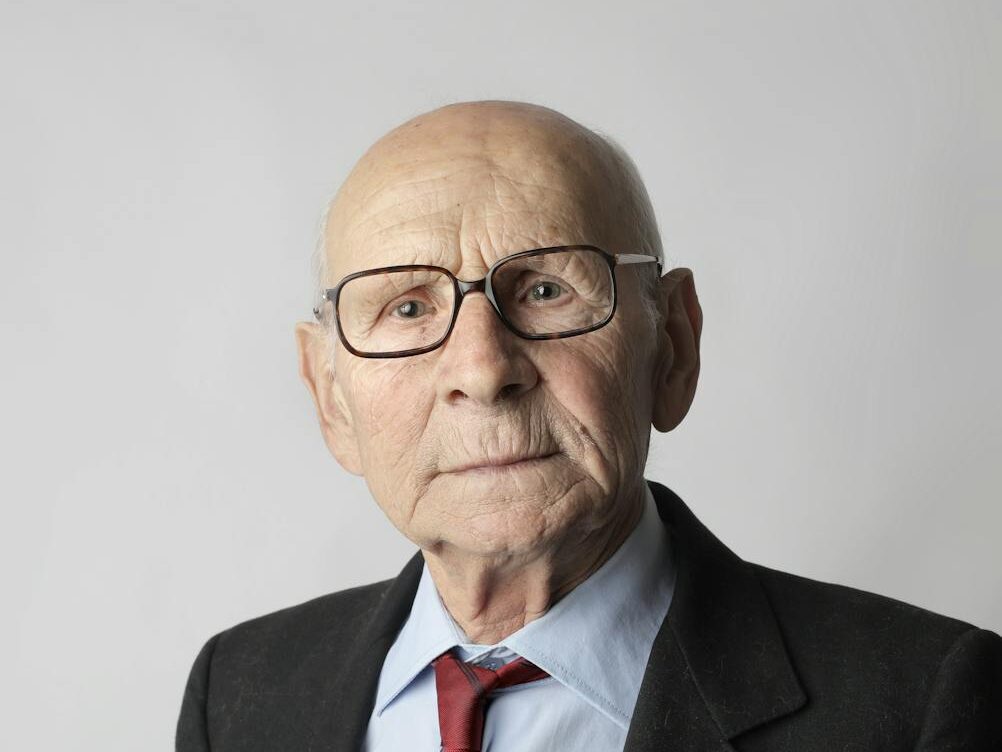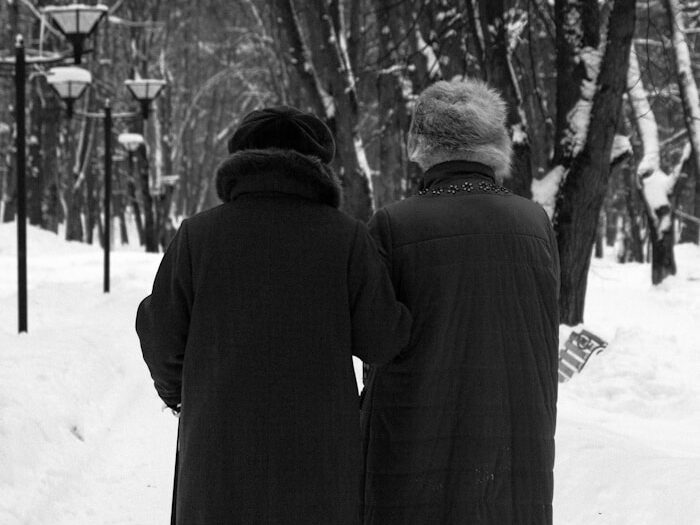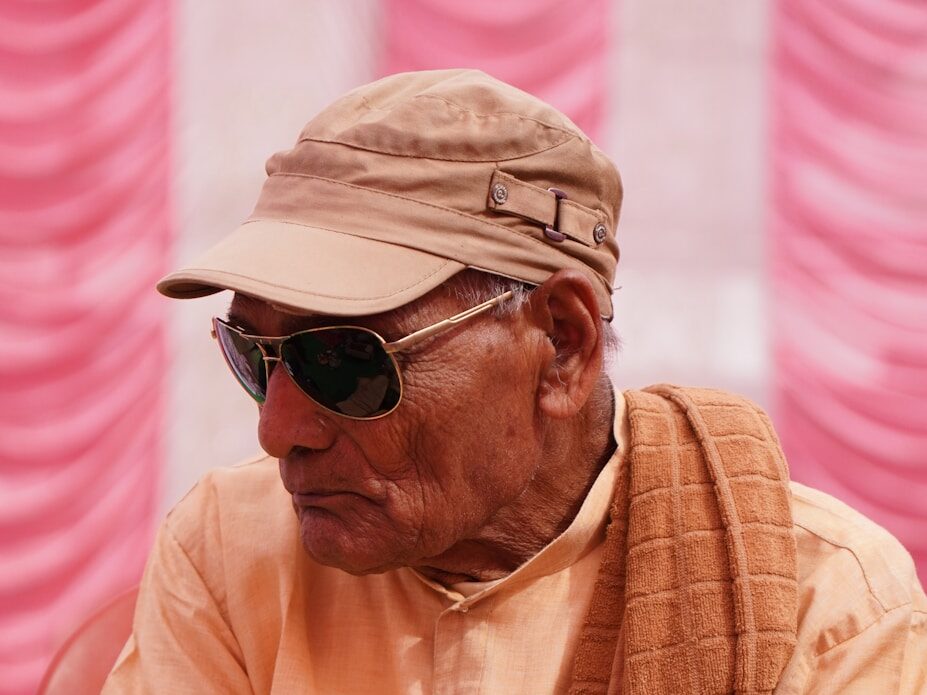
When people look back at their lives near the end, they don’t usually think about money or work as much as they do about missed chances, broken relationships, or time they can’t get back. These regrets feel pretty heavy because you can’t go back and change them. Here are some of the most common ones people carry with them.
Not Spending Enough Time With Family

Many people realize too late that they spent more hours at work or chasing goals than they did with their family. They remember missing birthdays, dinners, or simple conversations. Those moments seem much more important than anything else in your final years. The regret hits very hard because you can’t turn back the clock and sit at the table with loved ones again.
Working Too Much

A lot of people regret giving the best years of their lives to their jobs. They chased promotions or money, thinking it mattered more than rest or joy. Later, they see how much they missed—holidays, hobbies, or just being present with others. Looking back, it feels like they traded precious time for something that never gave them real happiness.
Not Saying “I Love You” Enough

People wish they had said I love you more. They realize those simple words could have meant so much to partners, kids, or friends. It’s a small thing that feels very big when you no longer have the chance to say it. The silence becomes a heavy regret, especially if relationships stayed unspoken or distant.
Holding On to Grudges

Carrying bitterness or anger feels powerful in the moment, but years later, many regret holding on to it. They see how grudges kept them from enjoying peace or being close to people they cared about. In their final years, it feels silly that pride mattered more than connection. Forgiveness suddenly seems much more important than winning an old argument.
Not Following Their Passions

Plenty of people regret never chasing the things they really loved. Maybe it was art, music, or a small dream they pushed aside for something safer. They see how much those choices shaped their lives in the end. Regret grows when they realize they never even gave themselves a chance to try, and now time has run out.
Ignoring Their Health

Skipping checkups, eating poorly, or avoiding exercise often catch up in old age. Many regret not taking their health seriously when they were younger. They see how much more they could have enjoyed life if they had cared for their bodies. It feels unfair, but it’s a regret that comes too late when health problems make daily life very challenging.
Not Saving Memories

People often regret not keeping photos, journals, or simple stories of their lives. They think they’ll always remember, but memories fade faster than they expect. Later, they wish they had more to pass down or to look back on themselves. The little details—like laughter at the dinner table or trips with friends—become precious, but too many of them are gone.
Letting Fear Hold Them Back

Fear keeps many people from taking risks—starting a business, traveling, or even speaking up. In their later years, they see how much life they missed out on because they were scared of failing or being judged. Regret comes when they realize the fear never mattered as much as they thought, but the lost chances can’t come back.
Not Traveling Enough

Seeing the world feels like a big dream for many, but people regret not doing it. They think about the trips they put off, saying “maybe later” too many times. By the time they’re older, health, money, or energy can make it harder. The regret feels pretty strong because travel isn’t just about places—it’s about memories.
Not Expressing Feelings Honestly

Many people hold back their feelings to keep the peace or avoid conflict. But in their final years, they regret not being more honest. Whether it was love, pain, or disappointment, those words left unsaid weigh very heavily. They realize life would have been much more meaningful if they had been open about what they really felt.
Letting Friendships Fade Away

As life gets busy, friendships slip away. Many individuals regret not staying in touch with the people who once mattered so much to them. They remember laughs, support, and all good moments, and they wish they had fought harder to keep those bonds alive. The regret deepens when they realize it’s too late to reach out and reconnect.
Caring Too Much About What Others Thought

People often spend their lives worrying about how they look, what others say, or whether they’re being judged. In the end, they realize those opinions didn’t matter much at all. The regret comes from knowing they could have been freer, happier, and much more themselves if they hadn’t wasted energy on other people’s opinions.
Not Being Present Enough

Even when they were physically with others, many regret that their minds were elsewhere—thinking about work, the future, or problems. Later, they realize they weren’t fully living in the moment. The regret comes from knowing that they missed all their chances to listen or just enjoy the little things. Being present feels the most valuable thing they have overlooked in the past.
Not Apologizing When They Should Have

Unspoken apologies weigh heavily in the later years of your life. Many individuals regret not saying sorry to heal old wounds and relationships. Pride or stubbornness might have stopped them at the time, but now it feels like a lost chance for peace. They see how much more freeing it would have been to admit their mistakes and rebuild broken bridges.
Not Living Life on Their Own Terms

One of the biggest regrets is living the life others expected instead of the one they wanted. People think about careers or choices they made because of pressure, not passion. They never lived for themselves, and that regret is very strong because it’s about missing out on the one life they had.

